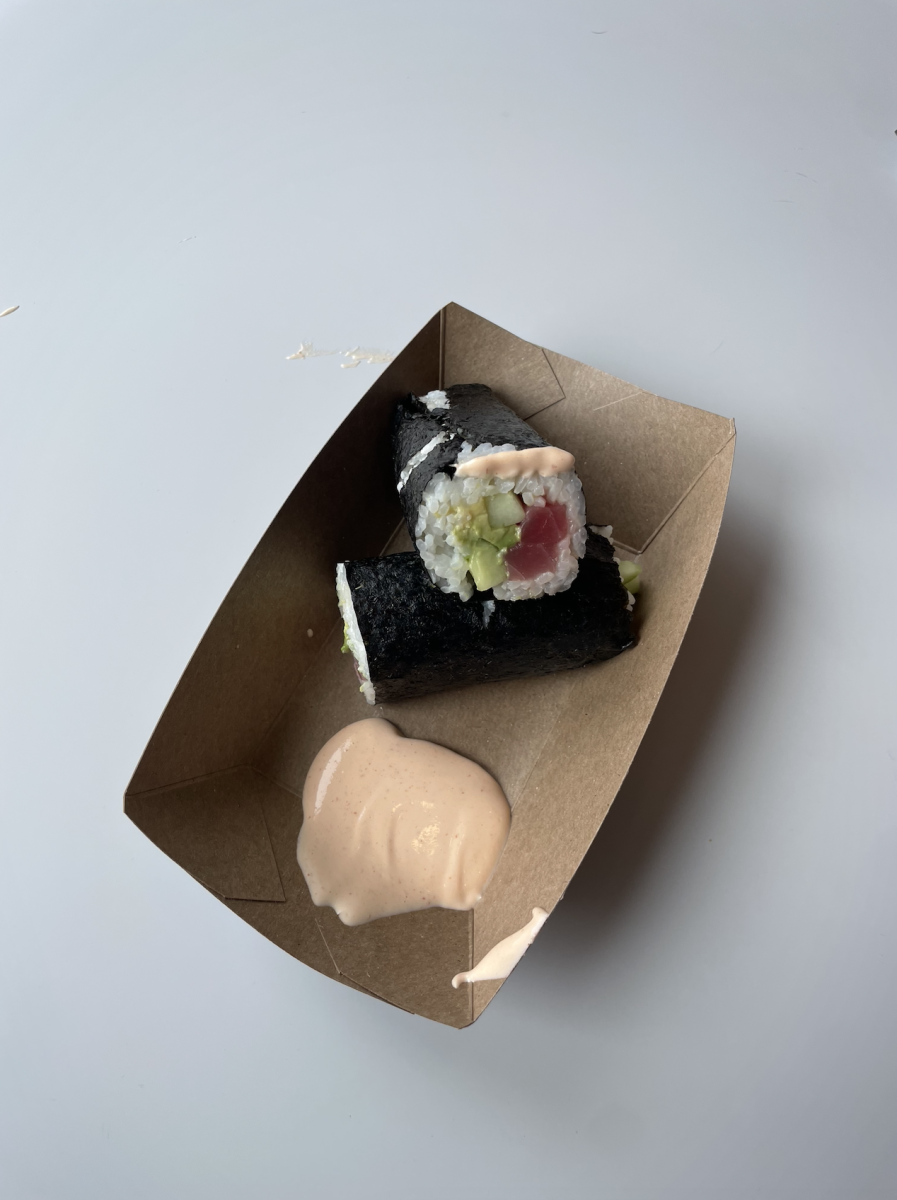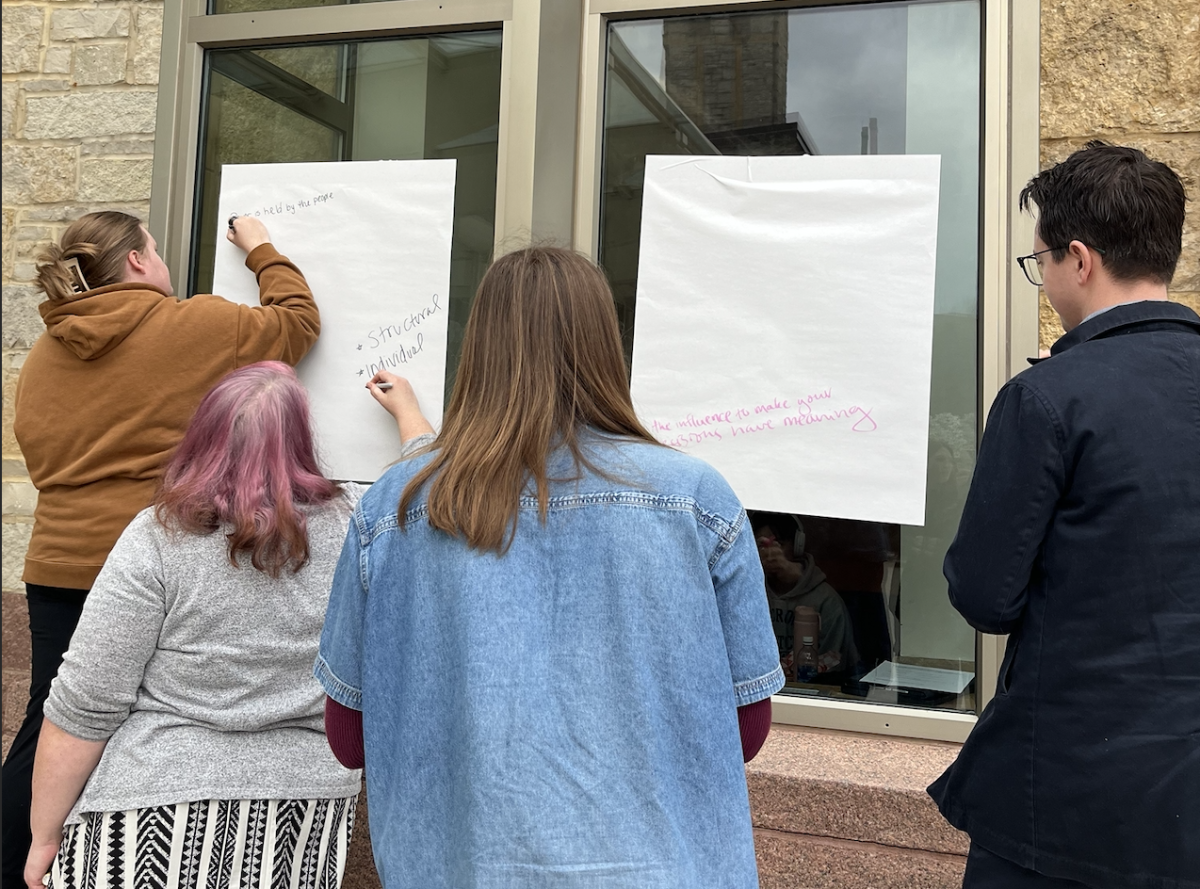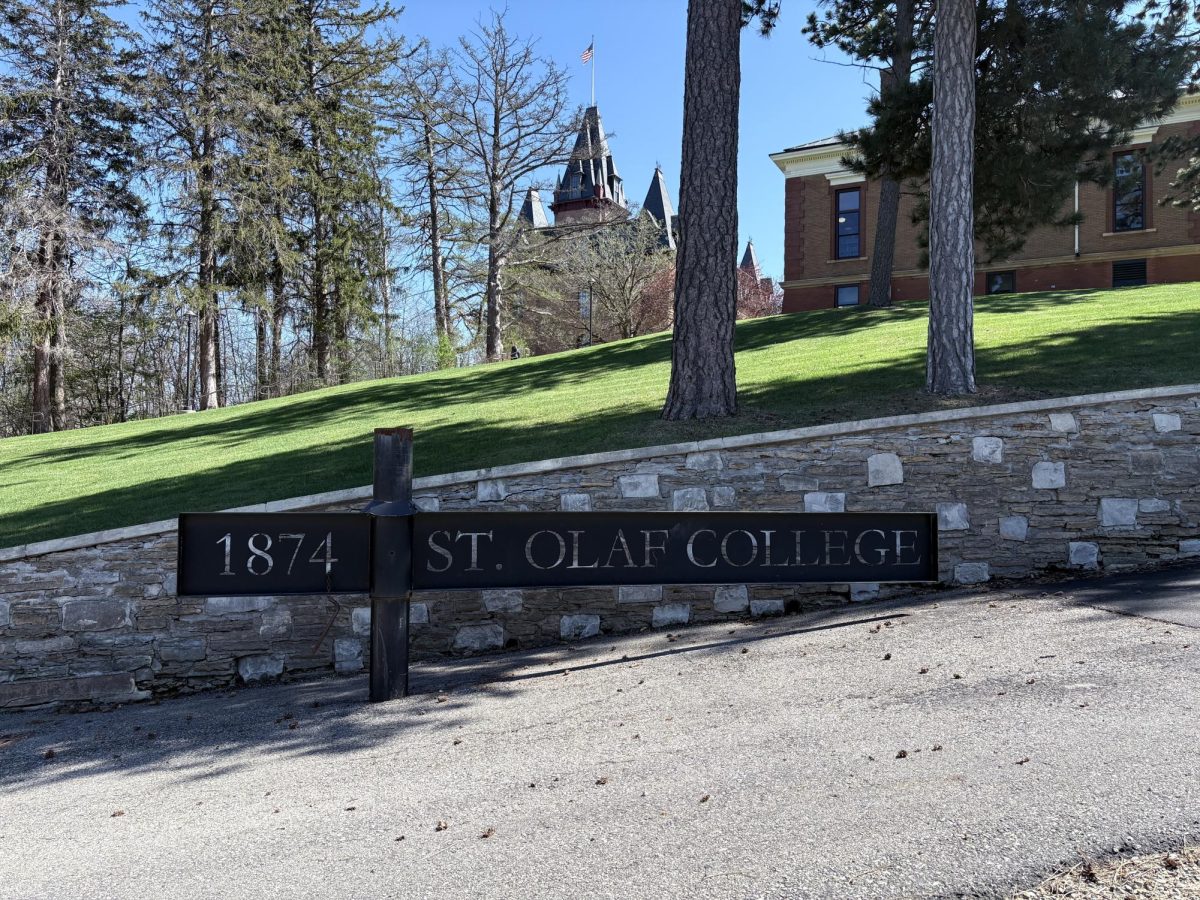Spring is dawning upon the Hill. Soon, the Adirondack chairs will be scattered throughout the Quad again. The volleyball courts will spring back to life with students enjoying the sun and sand. While most students could not imagine campus without these attributes, the chairs, the court and many other things required careful planning and smart budgeting.
This is the duty of the Student Government Association SGA. Every year, college administration allocates SGA funding, and SGA sets aside a part of that sum for capital improvements. The Adirondack chairs, volleyball court at Ytterboe Hall and charging stations in the Fireside all come directly from these funds.
Emily Newman ’17, a member of the Internal Affairs Subcommittee in the Student Senate, summarized this funding structure.
“Every year, we receive money from the college for budgets,” she said. “And then we put some of that budget aside to be used for improvements on campus. And for this year, we have $20,000 for the capital improvement fund.”
However, there is a change to how the capital improvement fund is going to be used this year.
“It’s not an issue as much as we wanted feedback for what to do with the money. We don’t want it to go to waste,” Newman said.
She added that last year, SGA did not use the capital improvement fund at all, and simply donated the money to the multiple branches of the Student Government SOC, SAC, etc.. SGA hopes to use this year’s capital improvement fund as effectively as possible. Student government leaders are trying to include as many of their fellow students as possible in the decision making process.
“At many times, the subcommittee simply decided on what they wanted to do with the money, and we want students to give ideas of what they want,” Newman said. “We want to get them to be involved and more excited about what we choose to do.”
As part of the strategy to encourage student participation, the Student Activities Committee SAC held the SAC Shark Tank competition so that students could propose ideas for future SAC events. Even though the SAC Shark Tank competition was more event-oriented, the goal still aligned with the desire to integrate student opinion into the process.
“If we as senators are supposed to be representatives of the students, how can we hear the students’ voices, when a lot of the times we go to Senate and vote for our constituents, but we’re not actually hearing what they really want?” Newman said.
Even so, there are still limits to what the capital improvements fund can really provide for students. Some student suggestions are not feasible, given the limits on SGA power and resources.
For example, there as a suggestion to increase the number of water bottle filling stations. Newman said that there are already funds for that project, and that SGA would be “stepping on toes” if they pushed that particular idea. Nevertheless, SGA still forwarded this, and other, suggestions to those who have the capacity and authority to implement them, so as not to discard the student’s desires.
In the future, though, SGA will rely on the opinion-drawing trial for new ideas that could improve campus life. In addition, this trial is also evidence that SGA is fulfilling its task in representing the thoughts and voices of the students. Senate’ s voting process on capital improvement’s future projects was held on Tuesday, March 10, after various suggestions from students were collected until March 1.
“Our hope is that we can change the bylaws or the rules so that the Internal Affairs has to get feedback from students every year and has to use the money,” Newman said. “But the ultimate goal is to make this an ongoing process in the future.”


